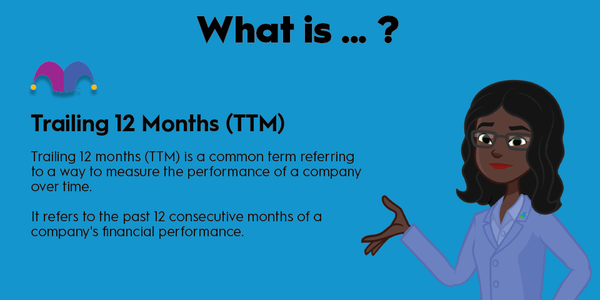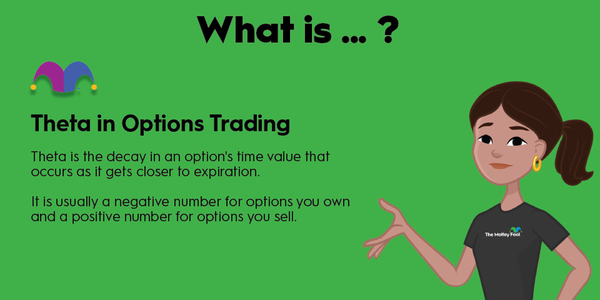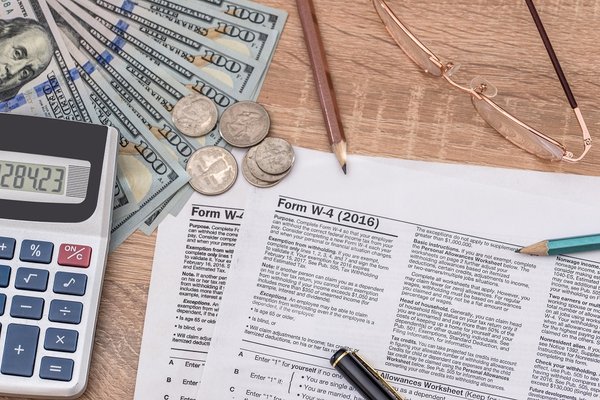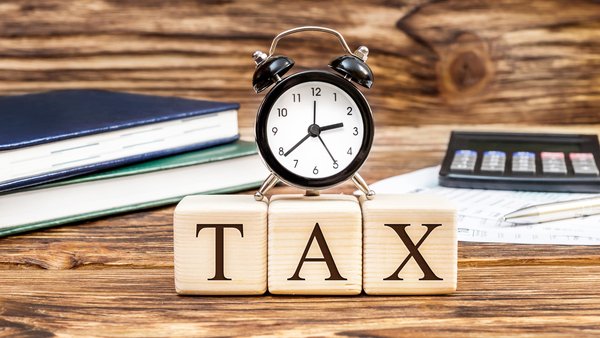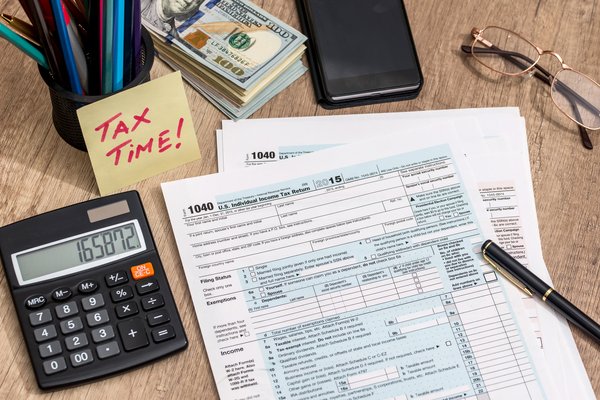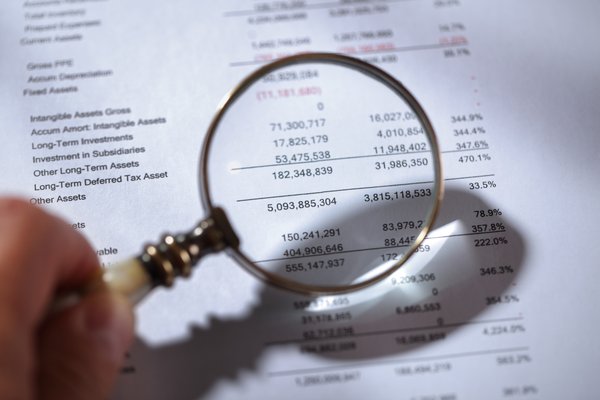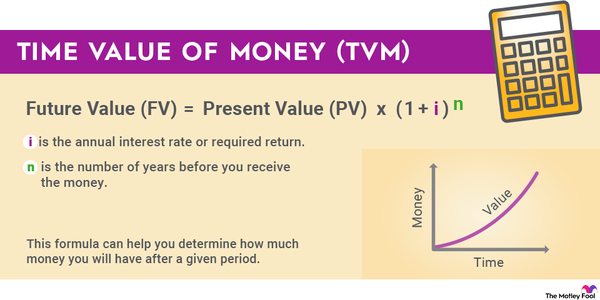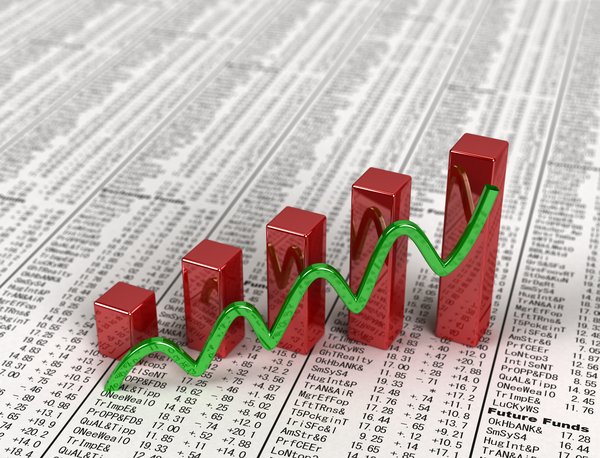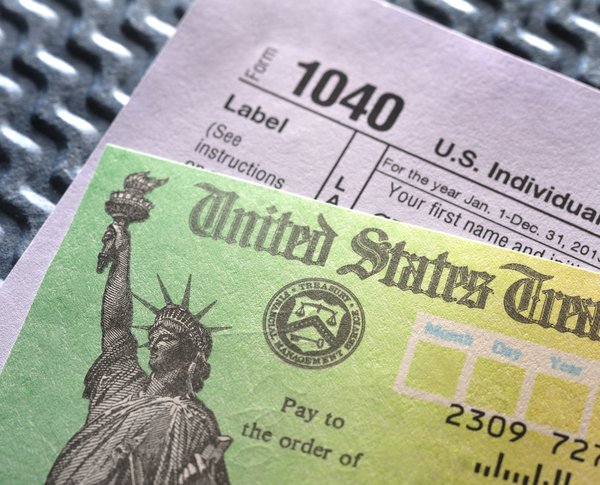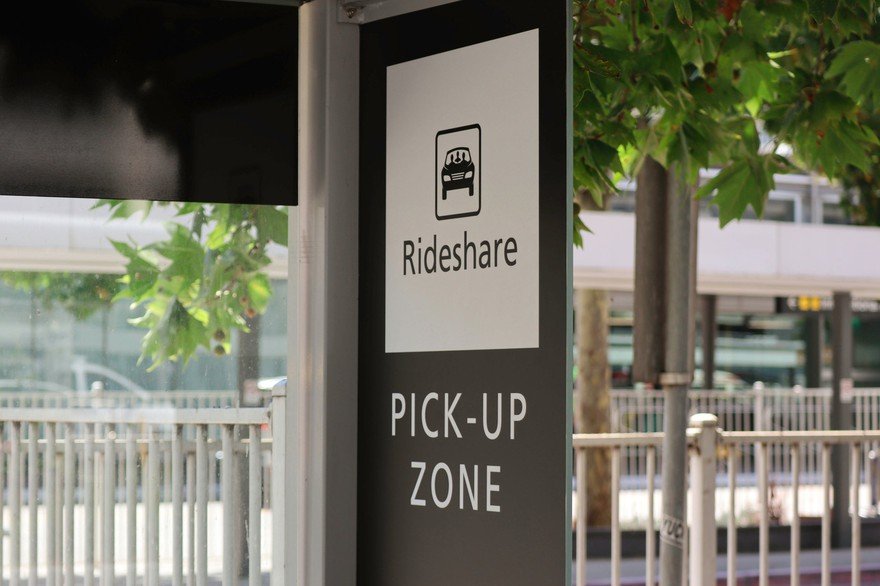
The transportation world is in the middle of a tech-infused transformation. We are at the dawn of the age of transportation as a service (TaaS), and that's creating significant opportunities for investors buying into so-called TaaS stocks.
There have been massive business empires built around the seemingly simple concept of moving people and goods from point A to point B. But the transportation industry, like so many others, is getting a digital overhaul that is making delivery services more customized and that could eventually leave a lot of people questioning the need for individual car ownership. Venture capitalists, tech titans, and investors have all bought in, creating a whole range of companies that are providing transportation as a service. Collectively, these businesses are the TaaS stocks that are changing century-old ideas about how to get around.
What is TaaS?
What is TaaS?
At its core, transportation as a service (the phrase is borrowed from "software as a service," or SaaS stocks) is the idea of using a vehicle you don't personally own to either get around or to transport a product. The most simple way to think of it is in the form of rideshare services such as Uber Technologies (UBER -0.07%) and Lyft (LYFT -1.65%). But the industry is much broader than that. If Elon Musk is correct, Tesla (TSLA 4.96%) will eventually be shuttling passengers and goods in self-driving robotaxis. And a range of "flying car" companies led by Joby Aviation (JOBY 4.51%) are hoping the future of transportation as a service will be flying over traffic instead of getting stuck in it.
It's an idea that has been around a long time. Technically, the ubiquitous taxi cab is providing transportation as a service. And rental car companies such as Avis Budget Group (CAR -3.61%) arguably provide a drive-yourself version of TaaS. But what makes modern TaaS stocks exciting potential investments is their ability to use technology to provide the service in a more efficient manner.
On the commercial side, Domino's Pizza (DPZ 1.45%) is a leader among delivery companies that have used technology to streamline processes and deliver pizza more reliably. But they are hardly alone since new businesses, including DoorDash (NYSE:DASH), are providing the backend technology for a range of restaurants and retailers to bring products to your door.
TaaS stocks were unevenly hit during the pandemic, with companies that specialize in delivering products benefiting from lockdowns and a general reluctance to go shopping in person. But rideshare companies suffered due to fewer people leaving the house and a lack of drivers willing to have strangers in their vehicles during an outbreak. As the pandemic fades, the convenience of delivery will keep that side of the business strong, while allowing for a recovery in rideshares.
There are also thorny regulatory issues this industry has to navigate. Rideshare drivers and delivery workers tend to be contractors and not full-time employees. It helps make the businesses more efficient by allowing companies to avoid covering healthcare and other benefit expenses. But it's arguably putting workers in a difficult position, and states (led by California) are trying to craft laws that would force more of these workers to be treated as employees.
Another trend, automation and self-driving, might eventually solve the thorny labor issues. But if states get their way, costs could go up for many of these businesses in the meantime -- a situation that investors should watch closely.
Best TaaS stocks to buy
Best TaaS stocks to buy
1. Uber
Uber practically invented the modern rideshare industry, establishing itself so thoroughly that "to uber" a ride has become a verb. But Uber also bears the scars from being the first mover in the category, and the company is the target of criticism from lawmakers concerning the downside of the "gig economy." Uber has scaled back its ambitions since first going public, partnering in some international markets instead of trying to go it alone everywhere and divesting some of its more speculative businesses. But the company desperately needs self-driving to become a reality to deliver the sustained profits management envisioned when Uber was created.
2. Lyft
Lyft, which came along after Uber, remains a much smaller company than Uber in terms of market capitalization. Lyft has tried to learn from Uber's missteps, and today runs a much more simple operation, but it shares many of the same opportunities and pitfalls that have come with the rideshare business. Lyft operates only in the U.S. and Canada, and it doesn't provide dedicated food deliveries similar to Uber Eats.

3. Tesla
Tesla isn't directly a TaaS stock right now since most of its revenue comes from the sale of electric vehicles. But the company's self-driving Autopilot technology has long been a key part of the bull case for the automaker. CEO Elon Musk has talked about his vision where an individual's Tesla becomes a profit center for the owner, deploying as an autonomous rideshare vehicle during the hours when it would otherwise be parked in a driveway or at its owner's job site. Tesla is already working on the app and backend technology to make sure the business is ready as soon as the technology exists. If the engineers can get self-driving working to Musk's vision, Tesla would emerge as one of the biggest names in TaaS investing.
4. Joby
Joby Aviation is developing an electric vertical takeoff and landing (eVTOL) aircraft toward a goal of operating an air taxi service as soon as 2024. This is ridesharing in the skies, with Joby envisioning customers summoning its low-cost airplane/helicopter hybrid to get them across town or as transportation to the airport for a longer flight. The technology is still in its early days, and there are a lot of competitors, but Joby is ahead of most in terms of winning regulatory certifications for its aircraft. The company also has big-name partners, including Uber and Toyota Motor (TM -3.23%) to help with its operations and its manufacturing process.
5. Domino's Pizza
Domino's relied on delivery long before the pandemic, and the company remains a leader in transporting food to your doorstep, thanks to its aggressive investment in technology. Digital sales account for more than three-quarters of the company's total, and Domino's is currently testing a self-driving delivery robot that it hopes will allow it to remain a leader in food transport even as most of the rest of the restaurant industry has embraced the to-go order.
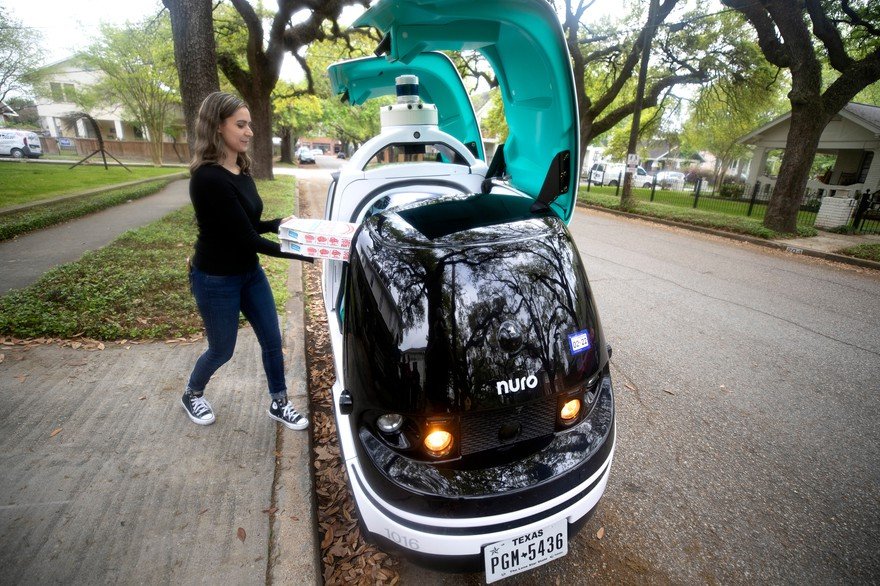
6. DoorDash
DoorDash is trying to do for the entire restaurant industry what Domino's is doing for itself. As the company has evolved, it has grown beyond food to retail as well through partnerships with Walgreens (WBA -1.18%) and others. The bet here is that even as retail reopens post-pandemic, consumers will still crave the convenience of delivery and be willing to pay for it. Assuming that proves to be true, DoorDash should be a major beneficiary.
7. GXO
GXO has tech-infused warehouses and sorting facilities, running the back office logistics networks for customers including Apple (AAPL 0.52%). GXO is aiming to provide the scale that makes Amazon (AMZN -1.65%) a great business to the rest of the retail industry, leveling the playing field with the e-commerce giant as the entire sector is forced to cater to online orders.
Related investing topics
Are TaaS stocks right for you?
Are TaaS stocks right for you?
TaaS, like SaaS before it, has caught on because the economics of having someone else own the heavy assets works out better than the economics of owning them yourself. This is an early-stage industry, and there are a lot of wrinkles to be ironed out. Given the competitive advantages, however, it's likely that TaaS as an industry is here to stay.
Even so, the uncertainty about when autonomous technology will be ready for prime time and how some of the gig-economy issues will play out makes it dangerous to devote too much of one's portfolio to a lot of individual TaaS stocks right now. But for a diversified investor looking for growth trends that should last for years, if not decades, there is a strong case to be made for including TaaS stocks in a diversified portfolio.




